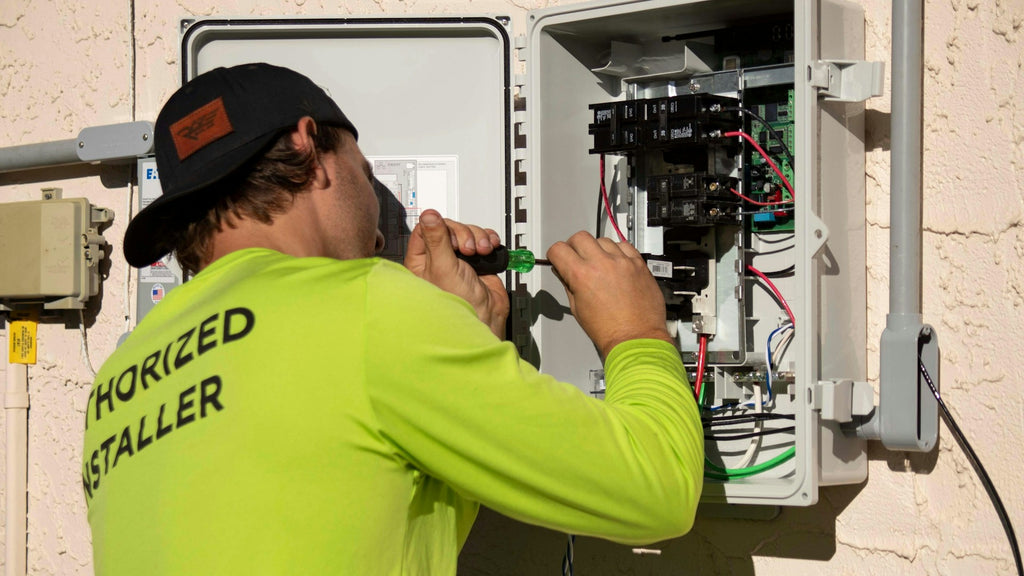Solar inverters play a crucial role in converting the direct current (DC) generated by solar panels into alternating current (AC) for use in homes and businesses. However, like any technology, they can encounter issues. Understanding these solar inverter problems is essential for maintaining an efficient solar energy system. In this article, we will identify and solve 8 typical issues that may arise with solar inverters.

1. Overheating Issues
One of the most common solar inverter problems is overheating. This can occur due to poor ventilation or excessive ambient temperatures. If your inverter is too hot to touch, it may shut down to protect itself. To mitigate this, ensure that your inverter is installed in a shaded, well-ventilated area.
2. Communication Errors
Communication errors between the inverter and monitoring systems can lead to inaccurate performance data. If you notice discrepancies in your energy output, check the communication cables and connections. Sometimes, simply resetting the inverter can resolve these issues.
3. Ground Faults
Ground faults can occur when there is an unintended path for electricity to flow to the ground. This can be dangerous and may cause the inverter to shut down. Regularly inspect your system for damaged wiring or connections. If you suspect a ground fault, consult a professional for assistance.
4. Low Voltage Issues
Low voltage can prevent your inverter from operating effectively. This issue often arises from insufficient sunlight or shading on the solar panels. Ensure that your panels are clean and free from obstructions. If the problem persists, consider adjusting the angle of your panels to maximize sunlight exposure.
5. Inverter Not Turning On
If your inverter fails to turn on, it could be due to a blown fuse or a tripped circuit breaker. Check your electrical panel for any issues. If everything appears normal, consult the inverter's manual for troubleshooting steps.
6. Inconsistent Power Output
Inconsistent power output can be frustrating. This issue may stem from fluctuating sunlight conditions or malfunctioning panels. Regular maintenance of your solar panels is essential. If you notice significant inconsistencies, it may be time to have your system evaluated by a professional.
7. Error Codes
Many modern inverters display error codes when problems arise. Refer to your inverter's manual to decode these messages. Understanding what each error code means can help you identify the underlying issue and take appropriate action.
8. Age-Related Decline
As with any technology, solar inverters have a lifespan. If your inverter is nearing the end of its expected life, you may experience more frequent issues. Regular inspections and maintenance can prolong its life, but eventually, replacement may be necessary.
Conclusion
By understanding these common solar inverter problems, you can take proactive steps to maintain your solar energy system. For a more detailed troubleshooting guide, visit this link. Identifying and solving these 8 typical issues will not only enhance the performance of your solar inverter but also ensure that you maximize your investment in solar energy.








